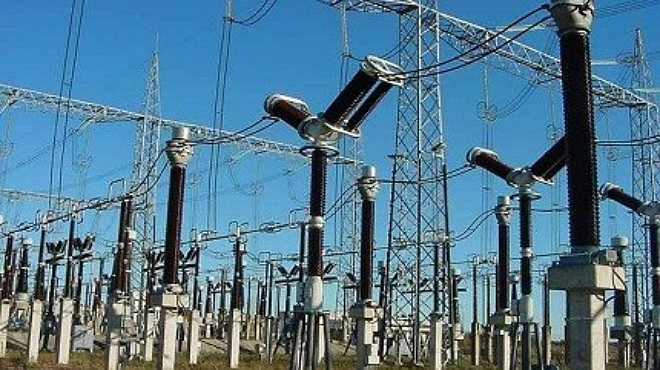Domestic and foreign law firms foresee that the new electricity reform will unleash multiple legal battles and arbitrations.
MEXICO CITY (EFE) – There are elements to fight the recently approved reform to the Electricity Industry Law, and a barrage of lawsuits is expected to reverse it.
Lawyers foresee that the new law will generate legal battles and requests for arbitration from companies, civil associations, and users, both in national and international courts. These lawyers envision that the new electricity reform will unleash legal battles. “There are elements to fight the recently approved reform to the Electricity Industry Law. A storm of legal battles and arbitration requests from companies, civil associations, and users is anticipated both in national and international courts.” Said one of the experts.
“Once the companies are aware of the effects of this modification, they will decide to establish a legal defense of their rights. They will seek to protect their rights”, says Mariana Salinas, an expert in the energy sector of the Enersave Group.
She indicated that the affected companies would be able to file direct injunctions in Mexican courts or resort to international arbitration.
Opposition legislators, governors, and autonomous bodies such as the Federal Economic Competition Commission (Cofece) may also file a constitutional controversy before the Supreme Court of Justice of the Nation (SCJN).
“Companies will be able to argue an indirect expropriation in international instances, comments Carlos Ramos,” partner of the international firm Hogan Lovells.
“The reform that strengthens the Federal Electricity Commission (CFE) against private and foreign companies has yet to be published in the Official Journal of the Federation (DOF), but there are already elements to fight it,” says Mariana Salinas, a lawyer specializing in the energy sector of the Enersave Group.
The main change in the reform, proposed by López Obrador, is to eliminate the economic criterion for dispatching electricity from CFE’s hydroelectric and fossil fuel plants over private renewable plants first. It also orders to review self-supply permits and previous government contracts with independent power producers, in addition to changing the rules for Clean Energy Certificates (CEL) to give them to old CFE plants.
“The regulation establishes 180 days for the agencies in charge to issue the regulation“, reminds the lawyer.
The affected companies will be able to file direct injunctions in Mexican courts or resort to international arbitration with the argument that “basic rights of free concurrence and legal certainty are being violated.”
Opposition legislators, governors, and autonomous agencies such as the Federal Economic Competition Commission (Cofece) may also file a constitutional controversy or an action of unconstitutionality before the Supreme Court of Justice of the Nation (SCJN).
“The strongest argument of the constitutional controversy is that this modification violates guarantees of free competition and free concurrence that are already established in the Constitution, in Article 28”, warns attorney Mariana Salinas.
An Expropriation?
The initiative, sent to Congress on February 1, revives the ghosts of expropriation or what some experts consider a covert nationalization in the energy sector.
“We do not want to expropriate for expropriation’s sake. We have not done any expropriation since I have been in government. I say this so that our adversaries do not instill fear in investors now with the electric reform,” AMLO expressed on Wednesday.
“But although it does not imply the direct taking of assets by the State, the companies will be able to argue an indirect expropriation in international instances,” considers Carlos Ramos, partner of the international firm Hogan Lovells.
“There are other types of expropriation that have to do with actions by the State that cause a property or rights to be violated, in such a way that there comes a time when it is no longer viable to take advantage of that investment,” explains the expert.
López Obrador admitted during his morning conference that he sent the initiative to sit down with a Spanish company and ten others to review contracts made in previous six-year terms. But Article 14 of the Constitution establishes the principle of non-retroactivity of the law.
“One of the basic principles of law is that if there is already a contract, the contract must be respected, if it was granted under certain rules, they must be respected and also the context under which the contract was made,” says Miguel Mateo, energy expert at Hogan Lovells.


